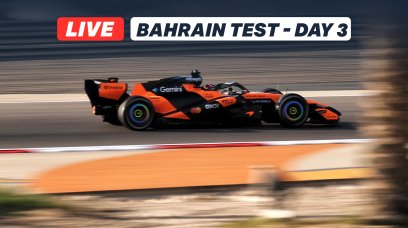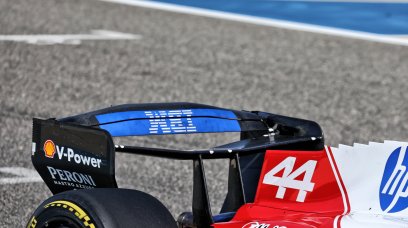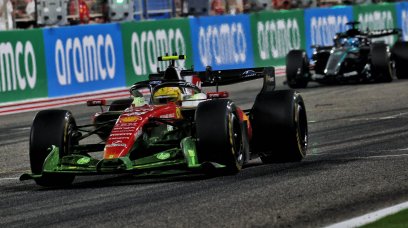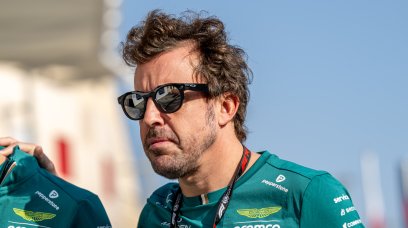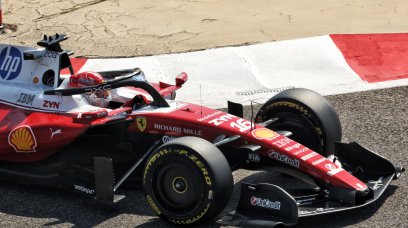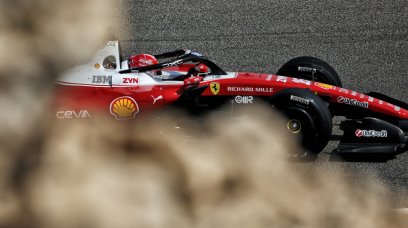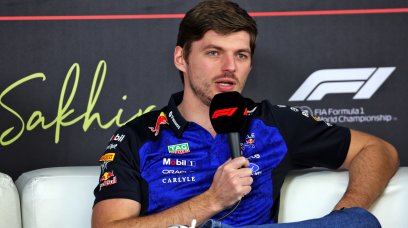At this late stage of the season, new technical innovations on the cars are practically absent, evidenced in Brazil by nine of the 10 teams not modifying their car in any way, with the focus long-switched to 2024. The recent exit from Mercedes of Mike Elliott, who left his position as technical director mid-season in a job-swap with chief technical officer James Allison, who himself regained the role he left at the end of 2021, must be seen as the final, predictable outcome of the failure of the W13 project last season and the continuation of the same zero sidepod aerodynamic concept with the W14. With Allison's return to the technical directorship, Toto Wolff intends, to all intents and purposes, a clean break with the former technical leadership of the team, but above all, be able to lay the foundations for the development of the W14, with the failed concept abandoned at the Monaco Grand Prix. With eyes mainly on 2024, it was correct for Mercedes to commit to developing the W14, for a deeper understanding of the problems connected to the original concept of the car and to radically distance the W15 concept from it. It was not just a repositioning of the top technical responsibilities, but we can also say that behind the scenes, and without any fanfare, the staff who had designed the W13 under Elliott's supervision, sharing the philosophy and the decision to continue with the flawed concept for the W14, did not actually play a crucial role in the developments during this season.
Mercedes vs Ferrari
There were no other high-profile exits from the team, of course, but a reassignment of roles amongst the engineering ranks. This can be summarised as a 'silent revolution' but one on a very precisely timed programme with the ultimate objective of achieving a performance renaissance at the highest levels for for next season. The results obtained on-track by the W14 after extensive upgrade packages, the latest being a new floor introduced in the United States have been encouraging, despite not eliminating the bad traits of the car, in particular the aerodynamic efficiency. Although the negative aspects of the car had not been eradicated, there has been the impression following the summer break that the staff directed by Allison knew which direction to take, to both extract immediate potential from the W14 and lay foundations for next season. This poses an interesting contrast with Ferrari over 2024, with Wolff's choice differing to the continuity of Ferrari in terms of the key technical team. Enrico Gualtieri remains technical director for the power unit, Enrico Cardile the TD for chassis and car concept, with this stability potentially producing more concrete and stable results. The challenge between Mercedes and Ferrari is therefore not so much the one that sees the two fighting for second in the Constructors' Championship this year - Mercedes leads by 20 points with two races remaining - but above all the one that will see them face each other next year - potentially with a competitive third wheel such as McLaren.
A contrast between Mercedes and Ferrari
It is therefore a question of understanding, a series of 'stage victories' of more or less positive results leading to Abu Dhabi. It would be a mistake to think that the current results achieved by the W14 could in some way be a foreshadowing of the W15. On the other hand, hypothesising that Ferrari, having not had an internal revolution of its own is destined to follow SF-23 conceptual continuity with its own 2024 car would be completely wrong. As Cardile himself declared, the 676 project will be radically different to the current one, starting from an innovative rear axle, while maintaining the suspension set-up, if the latest rumours are to be believed. Those who consider the Mercedes approach to potentially be more effective, espouse the easy belief of football logic of changing managers as a solution. Vasseur, Cardile, and Gualtieri know well - as Red Bull has long followed - that continuity in the technical structure of the team has been a strength and not a weakness - and that it will be up to the 676 project to demonstrate it.
W14 Front suspension modified
The revised version of the W14 made its debut in Monaco, characterized in terms of front suspension by a higher position of the front pick points of the upper wishbone, in favour of a greater anti-dive effect. This effect was a key Red Bull strength early in the season, with the RB19 not diving under braking, creating a more stable platform for the drivers.
W14 modified sidepods
The new sidepods with a sloping profile made their debut in the Principality, abandoning the zero sidepod concept.
SF-23 side profile comparison
The new version with sloping sides, without the upper "tub" made its debut at the Spanish Grand Prix - see the comparison by clicking through the images.
SF-23 floor evolution
In Austria, with one of the various developments of the floor, Ferrari introduced a new layout of the lower Red Bull-style air-flow diverters.
Most read
